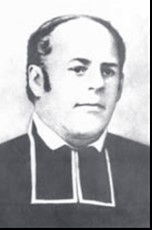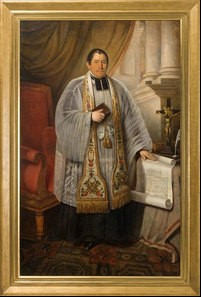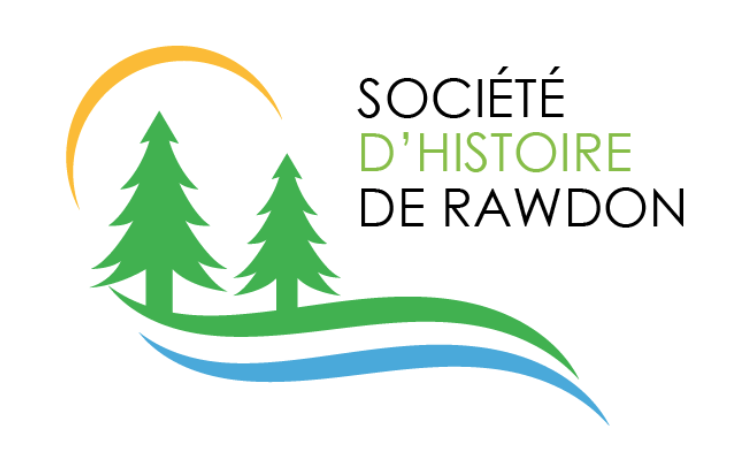On a foggy morning in the early 1800s, Father Jean-Romuald Paré (1779-1858), priest of the parishioners of Saint-Jacques-les-Mineurs, began a long journey through the wilderness to bring the Word of God and His Holy Sacraments to over forty Irish people settled in the township of Rawdon on the shores of the Ouareau River. This priest, driven by great Christian charity, maintained relations with the Irish community for many years.

Brave and joyful by nature, the Irish worked painstakingly on fertile lands. To escape the famine and the wars, these representatives of a courageous people had crossed the ocean and suffered many hardships to settle in an unknown, but promising country.
In 1825, Father Jean-Marie Bélanger (1788-1856) of Saint-Paul counted 128 Irish people living on the territory of the township of Rawdon.
A worthy successor to Father Paré, Father Jean-Marie Bélanger (or Joseph-Marie Bellenger) sent a significant letter to Bishop Jean-Jacques Lartigue (1777-1820).
An excerpt of this letter dated June 28, 1825, is provided below:
“I have recently, at the request of Mr. Paré, carried out a mission at his parish, for the Irish who are in the township of Rawdon. There were about forty of them, although they did not all come to church. And that number will go up with the arrival of several more families who have already taken lands in the township.
“I found among them three Protestants, one man and two women, who want to become Catholic.” [Translation]
On October 9, 1828, Father Bélanger once again wrote to his bishop:

“Your Excellency, please allow me to speak of Rawdon. I fully intend to continue this mission. I even plan to go there as soon as I receive a reply from Your Grace; I do not know if their chapel is finished, in which case I would ask you to say Mass in the home where Mr. McMahon has continued to do so. I also think, Your Excellency, that it would not be inappropriate to try to get these people to pay something, whether by tithe or per head, if only to pay for the travel costs, which must be done at one’s own expense.
“Mr. Paré had expressed (before me) the first years, that he was exempting them from tithing, but if take them back, I would want that Mr. Paré have nothing to do there, apart from that which can be done through charity or accommodation, like baptisms, but as for the publication of banns, marriages and burials, since my titles show that I am pastor to the Irish of Rawdon, I would want that to be under my purview.” [Translation]
